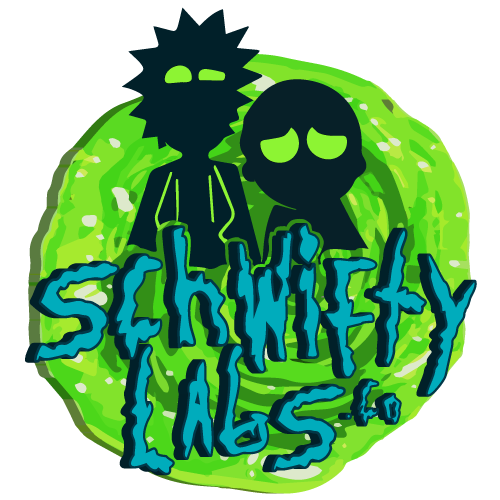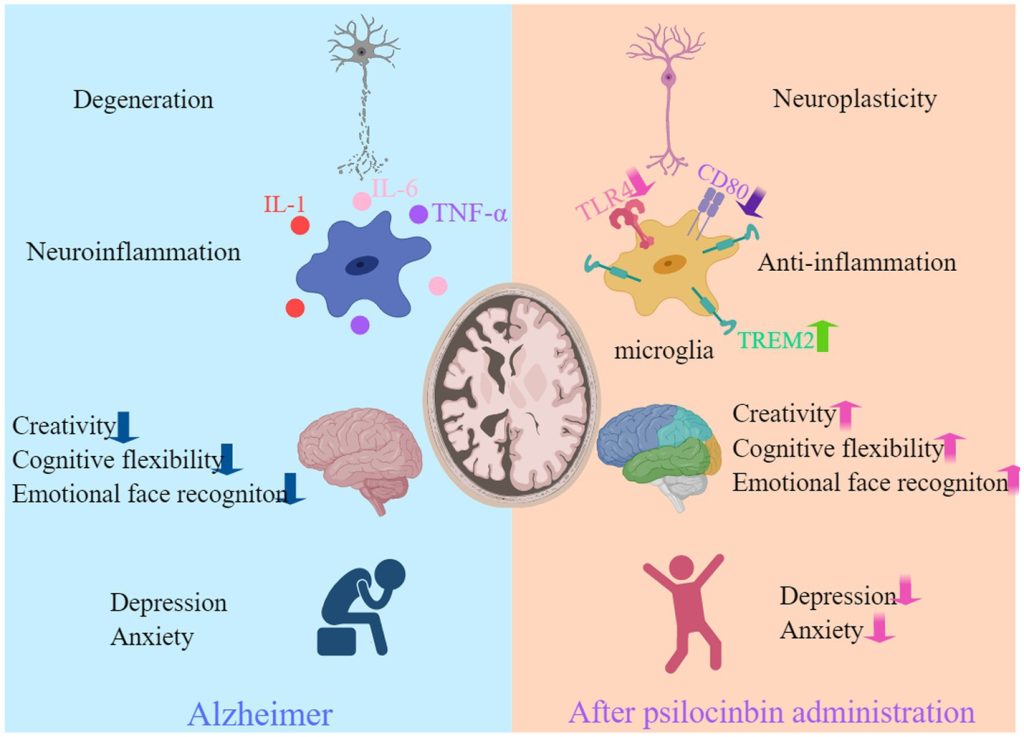Buy Shrooms, CBD, LSD, Magic Mushrooms
Neurogenesis and Mushrooms: Fact or Fiction?
The human brain was once thought to be static — that we were born with a fixed number of brain cells. But science has shattered that myth. Neurogenesis, the process of creating new neurons (brain cells), is now a well-established phenomenon — and the idea that certain natural compounds can stimulate this process has gained serious traction.
One class of natural substances catching attention? Functional mushrooms. But is there real evidence that mushrooms can promote neurogenesis, or is this just clever marketing?
Let’s separate the science from the speculation.
🧠 What Is Neurogenesis?
Neurogenesis refers to the growth of new neurons, especially in the hippocampus, the part of the brain responsible for learning, memory, and emotion regulation.
It’s influenced by factors like:
- Exercise
- Sleep
- Nutrition
- Stress levels
- Natural compounds (like polyphenols, flavonoids… and maybe mushrooms)
🍄 Which Mushrooms Are Linked to Neurogenesis?
1. Lion’s Mane (Hericium erinaceus)
The star of the neurogenesis conversation.
- How it works: Lion’s Mane contains two unique compounds — hericenones and erinacines — shown to stimulate nerve growth factor (NGF), a key protein that supports the growth, survival, and repair of neurons.
- The evidence:
- In vitro and animal studies show increased neurite outgrowth (the early stages of neuron formation).
- Mice supplemented with Lion’s Mane demonstrated enhanced learning and memory, suggesting improved hippocampal neurogenesis.
- A 2020 study found that erinacine A could cross the blood-brain barrier and directly stimulate neuroprotective processes in the brain.
2. Cordyceps (Cordyceps militaris)
Better brain function through energy enhancement.
- While not directly linked to neurogenesis like Lion’s Mane, Cordyceps supports brain health by improving ATP production, reducing fatigue, and protecting neurons under stress — setting the stage for optimal cognitive performance.
3. Reishi (Ganoderma lucidum)
Supports the brain’s regenerative environment.
- Rich in triterpenes and polysaccharides, Reishi has anti-inflammatory and antioxidant properties that protect existing neurons and may promote a brain environment conducive to neurogenesis.
- Reishi also supports neurogenesis indirectly by reducing cortisol, a hormone that inhibits neuron growth when chronically elevated.
🔬 Is There Real Scientific Evidence?
✅ Animal and cell culture studies:
- Strong evidence for Lion’s Mane promoting NGF and neurogenesis.
- Some early research into other mushrooms (like Psilocybin-containing mushrooms, under controlled settings) shows promising neuroplasticity benefits — though these are not legally or widely used for supplements.
⚠️ Human studies:
- Limited but promising. A small study in Japan (2009) showed cognitive improvement in older adults with mild cognitive impairment after taking Lion’s Mane.
- More high-quality clinical trials are needed to confirm the exact effects in healthy humans or specific mental health conditions.
🧪 How Do Mushrooms Support Brain Regeneration?
Here’s how the process may work:
- Stimulate NGF or BDNF (Brain-Derived Neurotrophic Factor) — proteins essential for neuron growth and survival.
- Reduce neuroinflammation, making it easier for new neurons to form.
- Protect against oxidative stress, which can damage brain cells.
- Balance neurotransmitters like serotonin, dopamine, and GABA — which are crucial for neuroplasticity.
💊 How to Use Mushrooms for Brain Health
To support neurogenesis, consistency is key. Choose high-quality extracts:
- Lion’s Mane extract: 500–1000 mg per day of fruiting body with >20% beta-glucans.
- Reishi (for stress reduction): 1000–2000 mg daily in powder, capsule, or tea form.
- Cordyceps (for energy and oxygen flow): 1000 mg daily.
Look for products that state “fruiting body extract” and third-party testing.
⚠️ Are There Risks?
- Most functional mushrooms are safe for daily use in healthy adults.
- Some may experience mild side effects like digestive upset or allergies.
- Pregnant, breastfeeding, or immunocompromised individuals should consult a healthcare provider before use.
🧠 Verdict: Neurogenesis and Mushrooms — Fact or Fiction?
✅ Fact — with a caveat.
There’s solid preclinical evidence, especially for Lion’s Mane, that supports the idea that mushrooms can stimulate brain cell growth and enhance neuroplasticity. While human research is still early, results are encouraging — and functional mushrooms offer a natural, low-risk option for supporting long-term brain health and regeneration.

